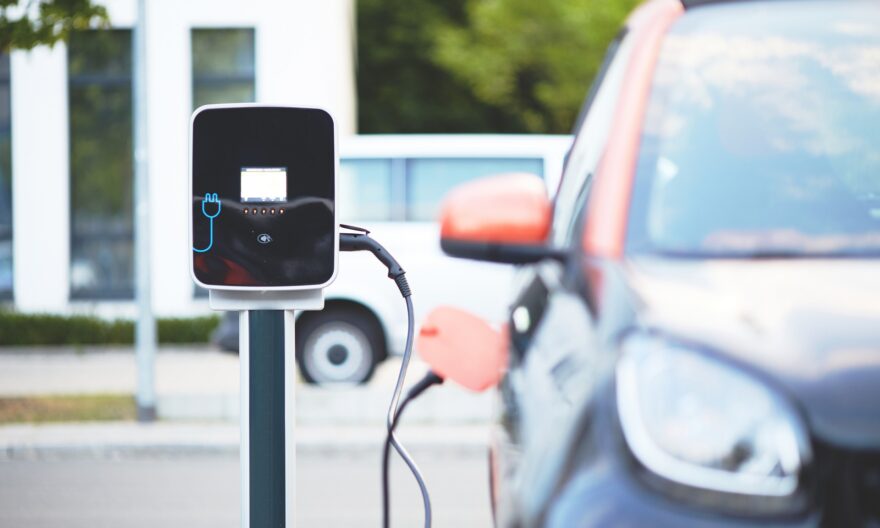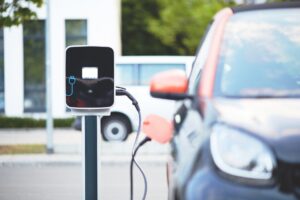
At the international climate talks in Glasgow last month, six major automakers and 30 national governments pledged to start phasing out gas-powered vehicles by the year 2040, with the end goal of improving air quality and speeding up the transition to clean energy.
Now, Toyota has announced that it will be part of the transition. The company announced at a press conference in Tokyo that it will spend $35 billion on moving towards electric cars.
At the press conference, Toyota’s President Akio Toyoda said the company will aim to manufacture 30 new models and sell 3.5 million electric vehicles a year between now and 2030.
This is a huge goal: if the company succeeds in meeting this objective, its total sale of electric vehicles would be nearly a third of its total sales for last year.
This $35 billion investment follows the efforts of other carmakers, including General Motors, Volkswagen, Ford, Tesla, and others to increase efforts in transitioning to electric vehicles.
It also follows reports earlier in the year of Toyota’s plans to invest $13.5 billion toward developing electric vehicle battery technology.
The car industry says it plans to take these pledges seriously, with major players in the industry like Ford and GM already announcing their plans to switch to zero-emission alternatives as quickly as possible to reduce global emissions.
It’s estimated that transport currently accounts for one-fifth of global carbon dioxide (CO2) emissions. And, road travel alone makes up around 75% of transport emissions, meaning that road transport accounts for approximately 15% of total CO2 emissions.
As passenger cars make up a large proportion of this, and car ownership is due to increase as the global population increases and incomes rise, it’s essential that the industry steps up.
New, innovative technology and large investments can help to offset increased demand. Shifting to low and zero-emission alternatives could be a viable way to reduce emissions.



